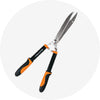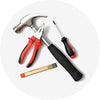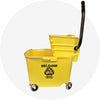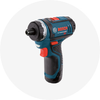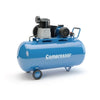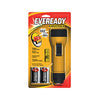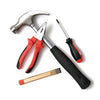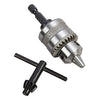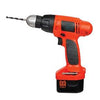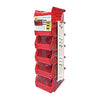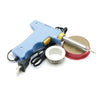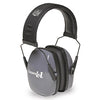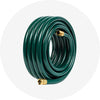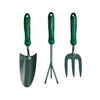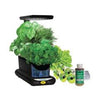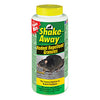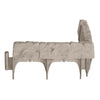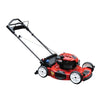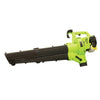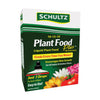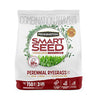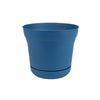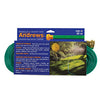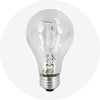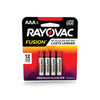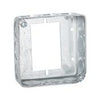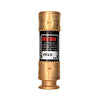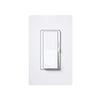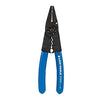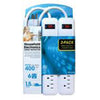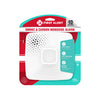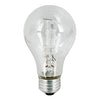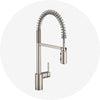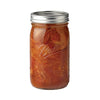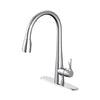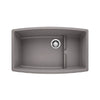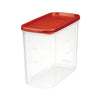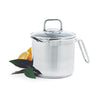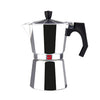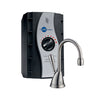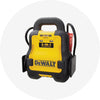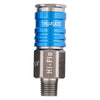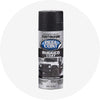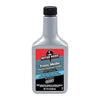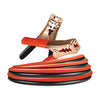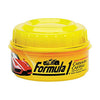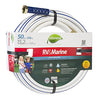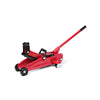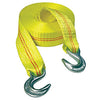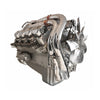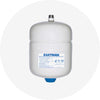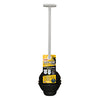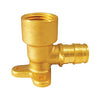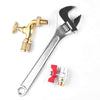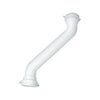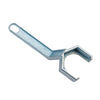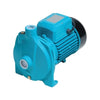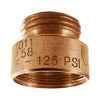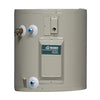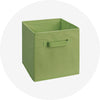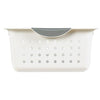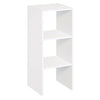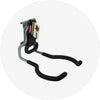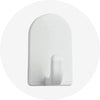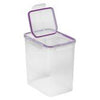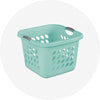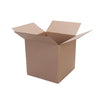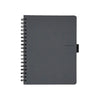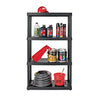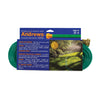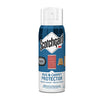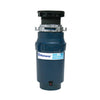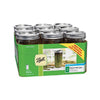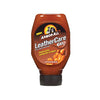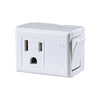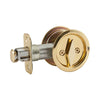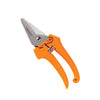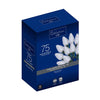How To Choose a Wire Fence for Your Outdoor DIY Project
∙ min read
Whether you are updating your landscaping, building a dog run, or securing the perimeter of your property, outdoor do-it-yourself projects frequently call for new fencing. While you may find wire fences and other materials in a variety of in-person and virtual locations, choosing the right type of fencing is not always straightforward. After all, the size, style, and even material of your new fence may significantly affect its ability to function as you wish it to.
Consider these tips to help you pick out the perfect wire fence for your circumstances.

Key Factors Affecting Fence Selection
All fences are not made equally. Different products are designed to function in distinct ways. The best choice for your DIY project varies according to several additional considerations:
-
Price: the cost of a wire fence changes based on its size, construction, and type of metal. For tight budgets, barbed wire fencing is very cost-effective. If you have a bit more wiggle room when it comes to price, you could consider a welded wire fence or a woven wire fence.
-
Purpose: the makeup of a wire fence enables it to take on specific functions, such as being flexible or electrically conductive. Be sure to think through your intended use of the fence before making any purchases.
-
Durability: some fencing materials last much longer than others. Among the most durable fences are those coated with vinyl or galvanized after being welded or woven. These options resist corrosion, though they are usually more costly.
-
Appearance: if your fence will be in a highly visible area and you want it to look somewhat decorative, you may wish to splurge on materials that are both durable and visually appealing. Powder-coated and welded wire fencing often work well in these situations.
-
Safety: when you wish to use wire fencing to prevent people or animals from entering or leaving your property, you can opt for fence designs that include relevant security features. For instance, tall fences that have barbs or that conduct electricity are frequently used to discourage the movement of individuals from one side of the barrier to the other.
-
Installation: before purchasing fencing supplies, consider whether your budget, skillset, available tools, and schedule leave you well-equipped to install the fence yourself. Some fences require special equipment for installation, such as a fence-stretcher.
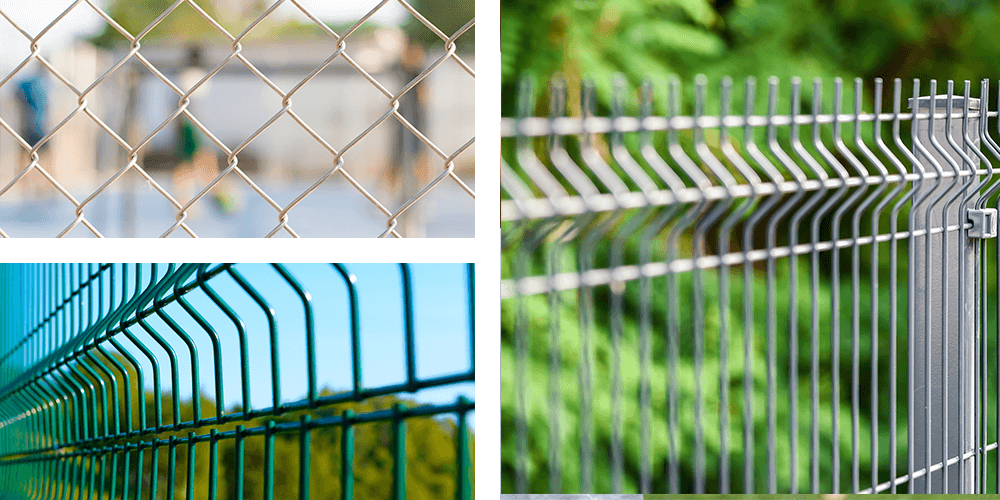
Fences for Decoration
Decorative fences are frequently used to outline entire properties or sections of landscaping. Because these barriers are installed primarily for their visual appeal, they can vary significantly in height and style. Popular choices for decorative fencing include those that are welded, powder-coated, and vinyl-coated.

Fences for Security
There are two main categories of fences intended for safety purposes: those meant to keep individuals inside the fenced area and those designed to keep individuals outside the fenced area. On private property, the former often involves keeping children safely within a yard. Many fences can accomplish this purpose, including welded and rolled fencing. In some situations, plastic-rolled fencing like Tenax's 3-foot-tall polypropylene multi-purpose netting can supplement the security provided by wooden fence panels. Fences meant to deter intruders sometimes employ barbed or electrical elements; however, a standard gated fence is sufficient for most residential properties.

Fences for Animals
Fencing is also helpful when it comes to keeping pets and livestock within a specified area. While various fences can prevent dogs from running away, a common, cost-effective choice is chain link fencing. For smaller animals such as chickens, people frequently install rolled fencing. Garden Craft's steel poultry netting and IronRidge's steel wire cage work well in these situations.
Additionally, garden fencing is often an effective way to protect fruits, vegetables, and other plants from hungry wildlife. To deter smaller critters, Tenax's 2-foot tall polypropylene multi-purpose netting may be a good option. Consider installing an electric fence that delivers a mild shock to keep deer, coyotes, and other larger animals away.

The Purchase of Fencing Materials
Once you have narrowed down your fencing options to a height, design, and material that suits your needs, there are yet more decisions to make. How much fencing do you need to enclose the designated space completely? How many posts do you require, and how far apart should they be placed? Be sure to check with a specialist or find an online fencing calculator before gathering your supplies. Additionally, you must research any rules and regulations regarding fences in your area so you can apply for any necessary permits.
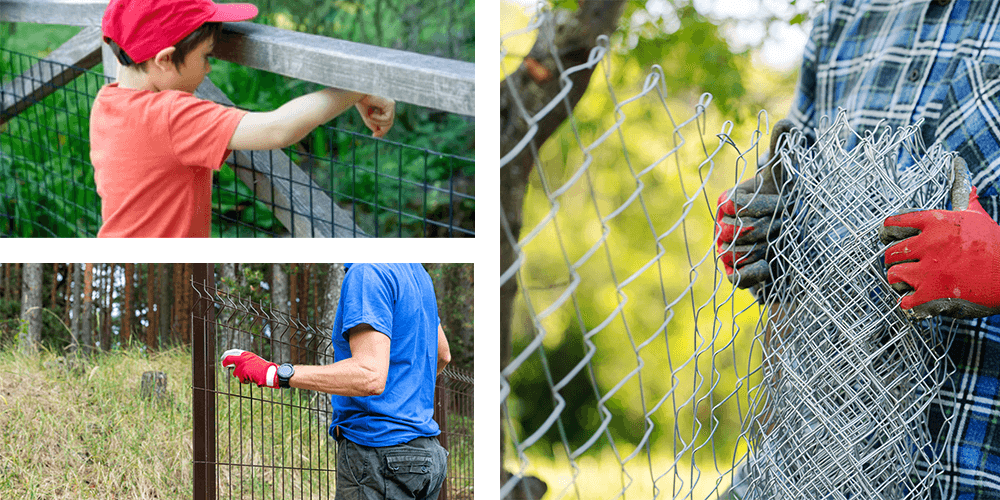
At Max Warehouse, we know how important it is to find the supplies to make your DIY project a success. We offer a wide range of fencing supplies for this very reason. Browse our online collection or give us a call at 1-800-210-0132 to start improving your property today.
Shop Your Wire Fence Today
